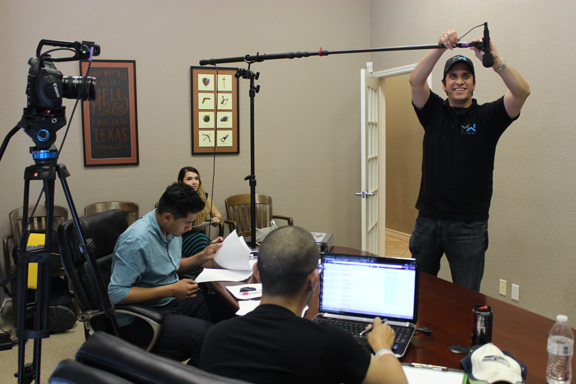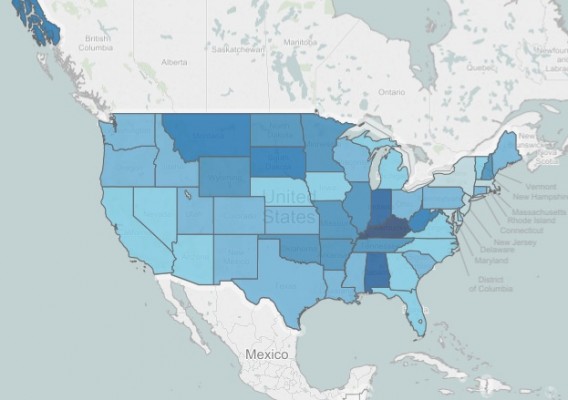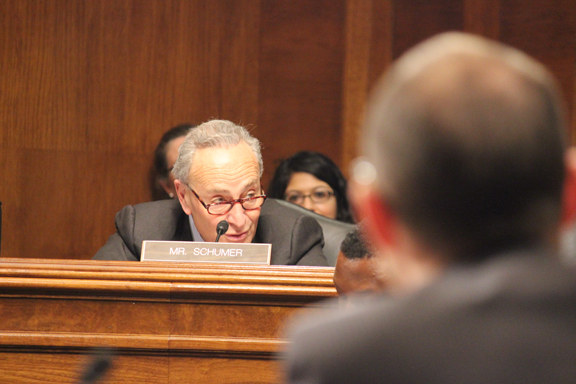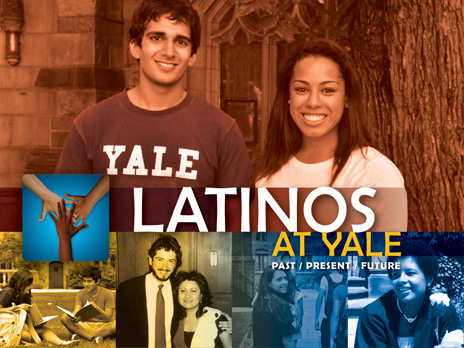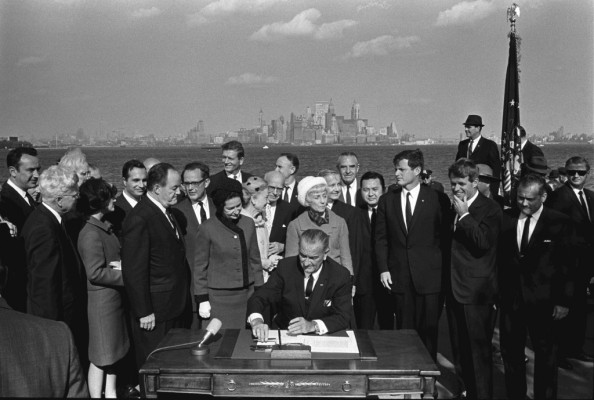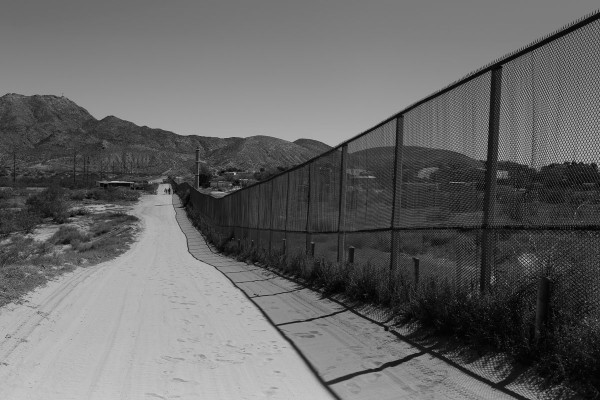El Paso filmmakers explain why Texas is not Hollywood
|
El Paso — Lights, cameras, but not much action in this nascent filmmaking community far from Los Angeles, the epicenter of global entertainment. There is no filmmaking infrastructure in this high desert community to entice venture capitalists and support movie producers, directors, actors and ancillary businesses that contribute mightily to the economic engines driving film industry friendly states like New York, Georgia, Louisiana and neighboring New Mexico, local officials and filmmakers said. There are several reasons why Texas is not Hollywood, local industry insiders said. In the last decade, the state has slashed the financial incentives it offers to filmmakers who want to make movies here. Currently, Texas incentives range from 5 percent to 20 percent based on the amount of money a film company is projected to spend before it wraps production in the state.
